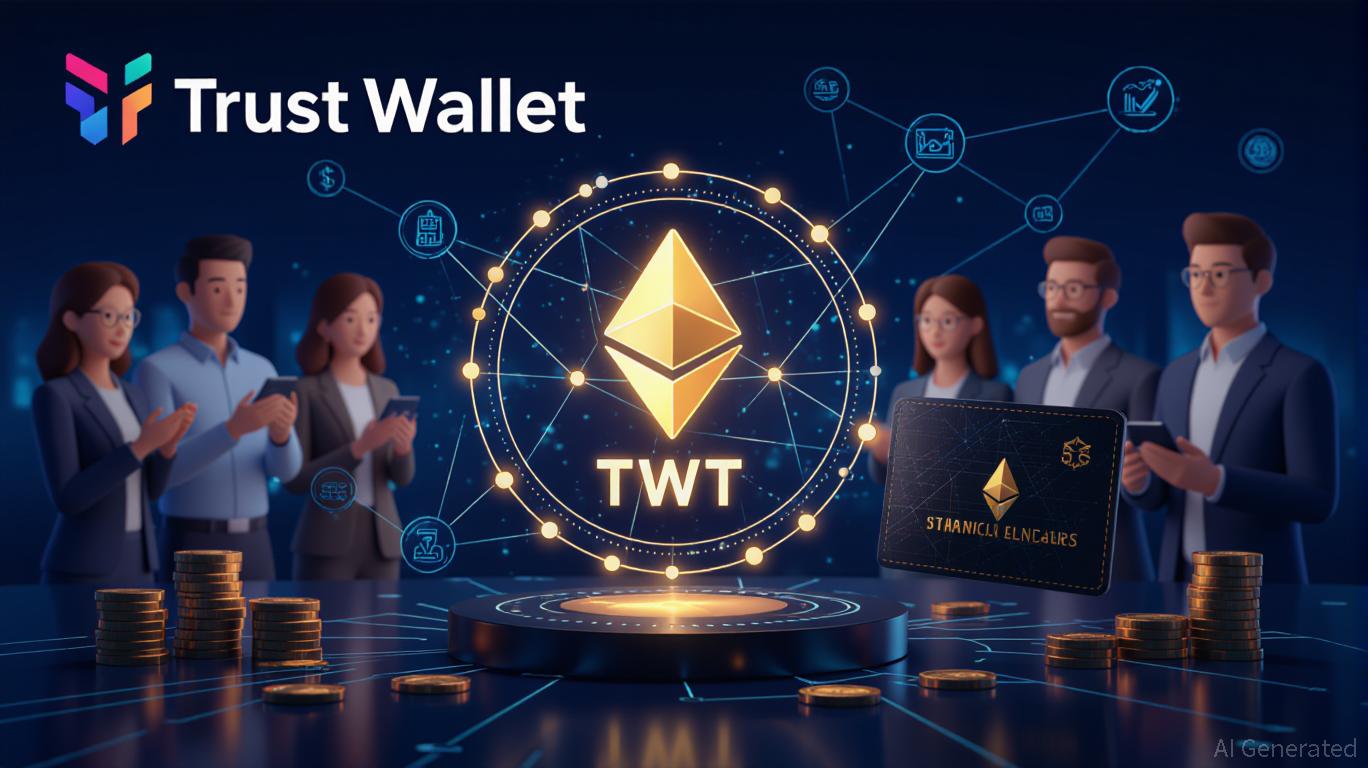Robo.ai turns smart cars into economic actors with built-in digital wallet
Robo.ai has unveiled a prototype where a vehicle’s unique VIN forms the core of its compliant digital wallet, merging the car’s legal identity with its new capacity for economic activity.
- Robo.ai and Changer.ae unveiled Roboy339, a smart car with a regulated digital wallet tied to its VIN.
- The prototype enables autonomous payments for tolls, charging, maintenance, and leasing.
- Backed by $300 million funding, the project aims to scale the model to aircraft, taxis, and logistics vehicles, forming a machine-driven digital economy.
In a press release dated Oct. 3, Robo.ai Inc. and Abu Dhabi-based custodian Changer.ae announced the joint unveiling of “Roboy339,” a smart vehicle prototype, at the TOKEN2049 event.
The demonstration marks the first public showcase of a car equipped with its own natively integrated, regulated digital wallet, a project born from a strategic partnership forged between the two firms this past August.
From prototype to blueprint for the machine economy
The Roboy339 prototype is designed to function as a self-sufficient financial entity. Its compliant digital wallet , secured by Changer.ae’s ADGM-regulated custody, enables the vehicle to conduct autonomous, real-time micropayments for essential services, according to the press release.
This includes settling tolls, paying for charging sessions, financing its own maintenance, and even processing lease payments. The system also allows the vehicle to receive authorized income, creating a closed-loop economy where the asset can theoretically earn revenue to offset its own operational costs.
Per the statement, the broader ambition is to extend this framework beyond a single prototype. Robo.ai and Changer.ae plan to connect other devices such as eVTOL aircraft, autonomous taxis, and unmanned logistics vehicles to the same ecosystem. The goal is to create a foundation where machines act as economic agents, carrying their own digital identities and participating in financial markets at scale.
“The era of autonomous economics for intelligent devices is upon us. The name Roboy339 is derived from the last three digits of its unique VIN number — it is not only its bank account but also its digital ID. With the support of investors, partners, manufacturers, financial institutions, and regulators, Robo.ai stands at the intersection of the ‘machine economy’ and the ‘digital economy’,” Robo.ai CEO Benjamin Zhai said.
This ambitious vision is backed by significant capital. The development follows Robo.ai’s recent announcement that it secured approximately $300 million in strategic investment from U.S. firm Burkhan Capital LLC.
Disclaimer: The content of this article solely reflects the author's opinion and does not represent the platform in any capacity. This article is not intended to serve as a reference for making investment decisions.
You may also like
The Revival of STEM Learning as a Driving Force for Tomorrow’s Technology Investments
- Emerging STEM universities are driving tech innovation through interdisciplinary curricula and industry partnerships, focusing on AI, biotech , and advanced manufacturing. - U.S. programs like STEM Talent Challenge and NSF Future Manufacturing allocate $500K-$25.5M to bridge skills gaps and fund projects in quantum tech and biomanufacturing. - Leadership-focused STEM programs at institutions like Florida State and Purdue boost startup success rates (75-80%) and align with venture capital trends favoring

Assessing KITE’s Price Prospects After Listing as Institutional Interest Rises
- Kite Realty Group (KRG) reported Q3 2025 earnings below forecasts but raised 2025 guidance, citing 5.2% ABR growth and 1.2M sq ft lease additions. - Institutional investors showed mixed activity, with Land & Buildings liquidating a 3.6% stake while others increased holdings, reflecting valuation debates. - Technical indicators suggest bullish momentum (price above 50/200-day averages) but a 23.1% undervaluation vs. 35.1x P/E, exceeding sector averages. - KRG lags peers like Simon Property in dividend yie

Evaluating How the MMT Token TGE Influences Crypto Ecosystems in Developing Markets
- MMT's volatile TGE highlights tokenized assets' dual role as liquidity engines and speculative risks in emerging markets. - Institutional investors allocate up to 5.6% of portfolios to tokenized assets, prioritizing real-world integration and cross-chain utility. - Regulatory fragmentation and smart contract risks demand CORM frameworks to mitigate operational vulnerabilities in DeFi projects. - MMT's deflationary model and institutional backing face macroeconomic challenges, requiring hedging against gl

Trust Wallet Token's Latest Rally and Growing Institutional Interest: Driving Sustainable Value
- Trust Wallet Token (TWT) surged in 2025 due to institutional partnerships, utility upgrades, and real-world asset (RWA) integrations. - Collaborations with Ondo Finance (tokenizing $24B in U.S. Treasury bonds) and Onramper (210M+ global users) expanded TWT's institutional-grade utility. - Governance upgrades, FlexGas payments, and Binance co-founder CZ's endorsement boosted TWT's credibility and institutional appeal. - Analysts project TWT could reach $5.13 by year-end, driven by cross-chain integrations

